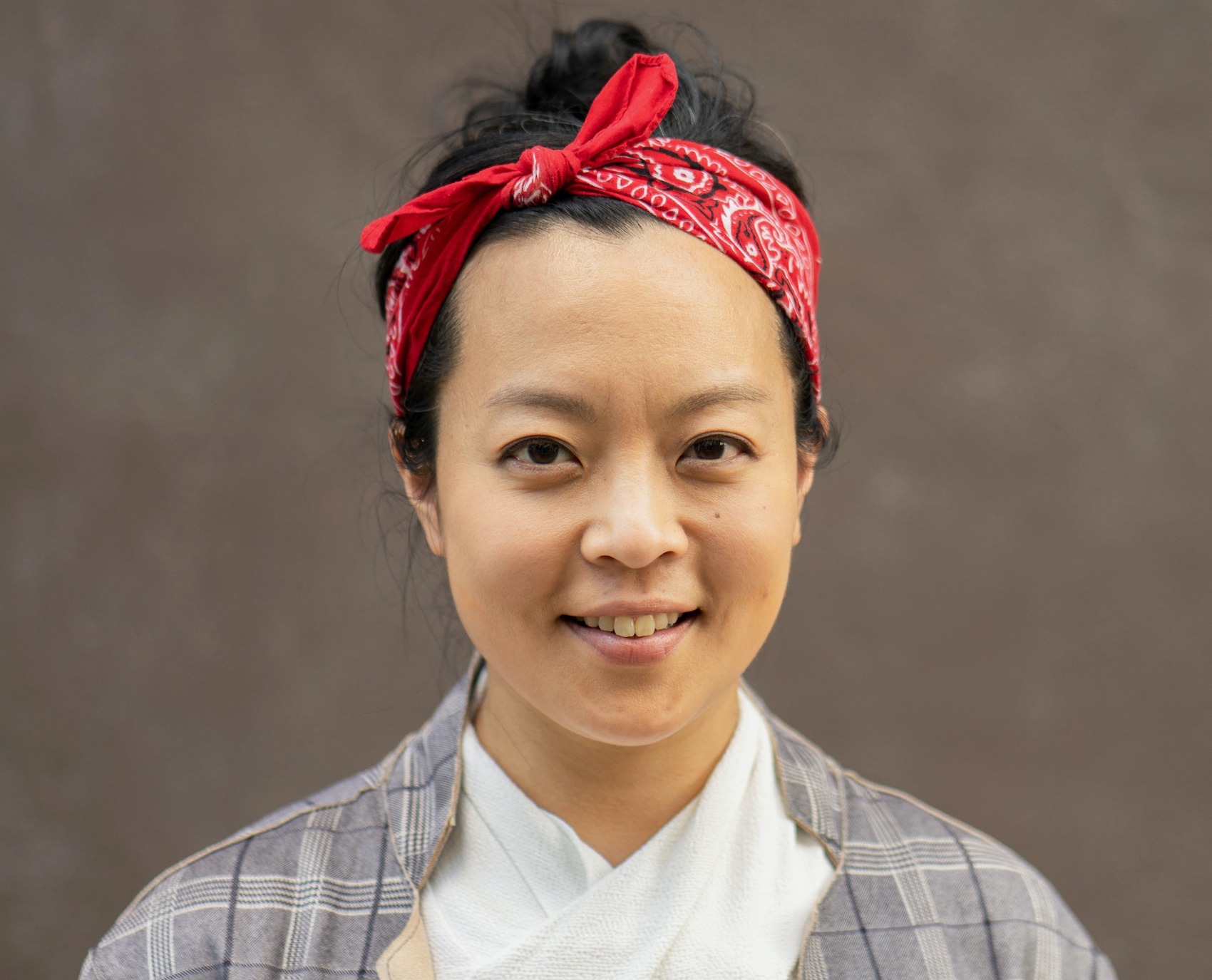Francesca Hong Wants ‘Wisconsin to Work Better for More People’
The chef and restaurant owner is running for State Assembly in part to fight for a $15 minimum wage and other pro-worker reforms from within the halls of government.

While industry organizations such as the Wisconsin Restaurant Association are fighting against raising the minimum wage, Francesca Hong—herself a restaurant owner—is running for State Assembly in part to fight for a $15 minimum wage and other pro-worker reforms from within the halls of government.
Hong is running for what is considered a safe Democratic seat in District 76, which serves Madison. If she bests Republican Patrick Hull, Hong, the child of immigrants, would become Wisconsin’s first Asian American state legislator.
For Hong, reforms like a higher minimum wage and labor contracts for hourly workers aren’t just about fairness for workers. They’re also a means to strengthen both small businesses and the communities that depend on them.
“We have to look at ways to incentivize small businesses to invest in their workers, because it’s better for the sustainability of the business,” Hong told The Appeal. Investing in workers, she said, will help with what she called “a huge problem with labor turnover,” by giving employees a reason to want to stay in their jobs.
In addition, she said, “most employees are putting [their] money back into their communities.” Increasing workers’ purchasing power, she added, would make both the businesses they patronize and the communities those businesses are in more self-sustaining.
Hong supports tax credits for small businesses that provide hazard pay and paid sick leave for hourly workers. But while improving workers’ pay and working conditions are important issues for her, she said that she also wants to change what she called “inaction from the GOP leadership” during the COVID-19 crisis.
When Hong started organizing to try to get relief for her workers, fellow business owners, and her community, she told The Appeal that most of the challenges came from “barriers with the state legislature.”
According to an October report by WisPolitics.com, Wisconsin’s legislature has been the least active full-time legislative body in the United States since states started meeting to address the COVID-19 pandemic. In June, a legislative committee did meet to block a rule prohibiting landlords from charging late fees on rent during the public health crisis.
Several members of the Republican-led body are landlords, including current Assembly Speaker Robin Vos. Since 2011, the legislature has passed a series of Vos-backed bills dismantling tenant rights, including one that allows landlords to put renters’ belongings on the curb immediately after an eviction rather than placing the property in storage.
“I think now we’re having to fight, and folks here in Madison are having to fight for basic human rights, and it’s because of the past 10 years of really regressive policies” beginning when Scott Walker was elected governor in 2011, she said. Walker lost his 2019 re-election bid to Democrat Tony Evers.
In both rural and urban communities, Hong said, “you’re seeing working class people really come out and fight, and not be so tied to political ideology, and more so, we’re coming together with a joint frustration over inaction from the GOP leadership.”
While Hong’s race is likely to succeed, the Wisconsin State Journal reported earlier this month that both the State Assembly and the state Senate are likely to remain under Republican control. But even though continued Republican control may mean that her desired reforms will face an uphill battle, Hong said one of the driving forces behind her decision to run is her desire to answer the question: “What does it mean to have representation matter?”
“I decided to run for the state legislature because it’s really missing representation” from working class individuals and people of color, Hong said, “folks who have most often been harmed by government. I think that I’m learning more about those people. I’m thinking about how government has harmed me, and how I don’t want that to be the story anymore.”
“I’m born and raised in Wisconsin, I’m a daughter of immigrants … and to know that there are so many people who do not feel safe, who do not feel like they have the opportunities I have, has really made me reevaluate what’s going on.”
